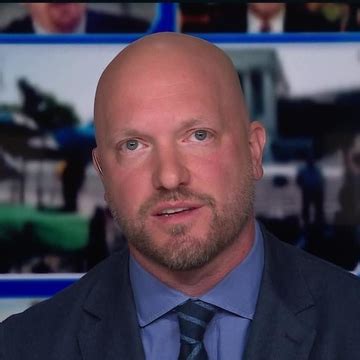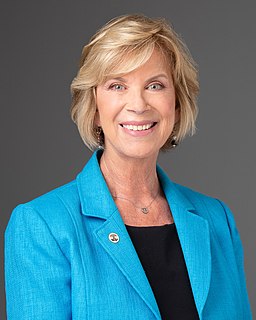A Quote by Paul Rieckhoff
What we've also got to think about is the limitations of military power. Maybe it's time to focus on the economic issues, and most of all the political issues, because the political failure in Iraq right now is almost worse than the military failure. And the two are intertwined.
Related Quotes
Congress has created and funded a huge peacetime military that has substantial abilities to wage offensive operations, and it has not placed restrictions on the use of that military or the funds to support it, because it would rather let the president take the political risks in deciding on war. If Congress wanted to play a role in restricting war, it could - it simply does not want to. But we should not mistake a failure of political will for a violation of the Constitution.
Viewed as a means to the end of political freedom, economic arrangements are important because of their effect on the concentration or dispersion of power. The kind of economic organization that provides economic freedom directly, namely, competitive capitalism, also promotes political freedom because it separates economic power from political power and in this way enables the one to offset the other
Nations are political and military entities, and so are blocs of nations. But it doesn't necessarily follow from this that they are also the basic, salient entities of economic life or that they are particularly useful for probing the mysteries of economic structure, the reasons for rise and decline of wealth. Indeed, the failure of national governments and blocs of nations to force economic life to do their bidding suggests some sort of essential irrelevance.
I oppose U.S. military intervention in Iraq. I believe that we should not send troops or engage in air strikes-our nation's military involvement needs to be over. The United States has already spent billions of dollars in Iraq while our nation has endured a crumbling infrastructure, cuts to our social programs, a lack of investment in job training and creation, and sadly, a failure to take care of our veterans. Let's focus our resources at home. Over 4000 men and women have sacrificed their lives for Iraq. That is enough.





































